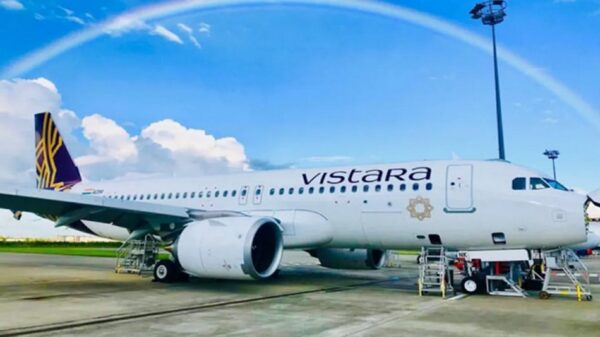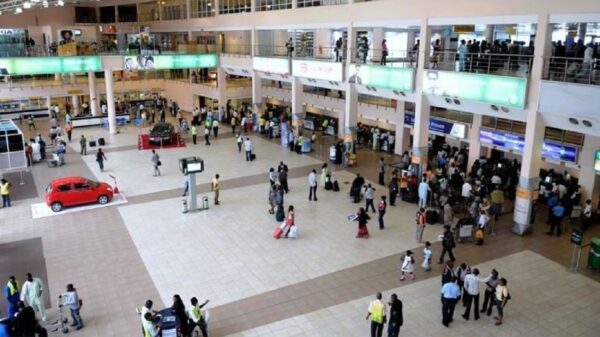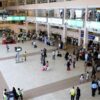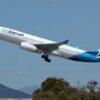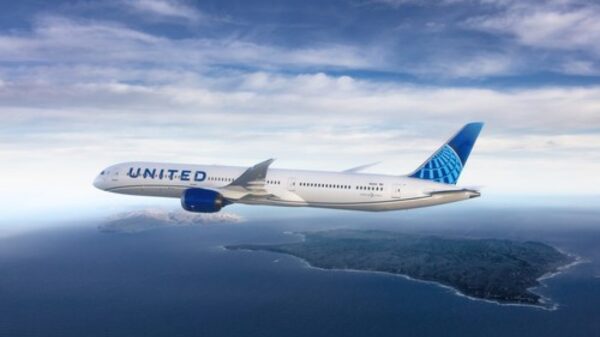Disagreement over Federal Government’s plan
Domestic Airlines Complain
Domestic airlines have raised concerns over the federal government’s proposal to disallow foreign airlines from operating through multiple entry points in Nigeria. According to these carriers, the current practice has been detrimental to their businesses. They argue that foreign airlines should be restricted to one major airport, with distribution of passengers left to the domestic carriers.
Foreign Airlines’ Challenge
In response, foreign airlines have challenged the domestic carriers to enhance their own capacity before seeking restrictions on foreign airlines. Mr. Festus Keyamo, the Minister of Aviation and Aerospace Development, emphasized the necessity for domestic airlines to demonstrate their capabilities before any action is taken.
The Debate and Proposed Changes
Push for Single Designation
The Airline Operators of Nigeria (AON) have strongly advocated for the termination of multiple designations for foreign airlines. They have suggested a revision of the Bilateral Air Service Agreement (BASA) to limit foreign carriers to either Lagos or Abuja, while proposing code-share agreements for effective passenger distribution across the country.
Cabotage Act Concerns
Members of the AON, like Roland Iyayi, have raised concerns that allowing foreign airlines to conduct additional flights within the domestic market, as exemplified by some airlines like Qatar Airways, violates the Cabotage Act. They emphasize the need to protect the interests of domestic carriers in the Nigerian aviation industry.
Political Sensitivity
However, former Nigeria Airways spokesman, Mr. Chris Aligbe, has warned against hasty decisions that could have political repercussions. He cited previous instances where governmental actions led to diplomatic tensions, cautioning the current Minister of Aviation against potentially explosive policy changes.
Foreign Airlines’ Perspective
Capacity Building Challenge
Mr. Kingsley Nwokoma, President of the Association of Foreign Airlines Representatives in Nigeria (AFARN), has pointed out that domestic carriers are not restricted from operating in other countries, as per the BASA’s principle of reciprocity. He emphasized the need for Nigerian carriers to build their capacity to compete effectively.
Reciprocity Principle
Nwokoma clarified that foreign airlines are operating multiple destinations in Nigeria because they have the capacity to do so. He emphasized that Nigerian carriers are not part of the International Air Transport Association (IATA) clearing house, which limits their opportunities for alliances with foreign airlines.
The BASA Conundrum
Nigeria’s Challenge
Nigeria has struggled to reciprocate the provisions of the BASA due to a lack of capacity, with only Air Peace among the 12 scheduled carriers operating international flights. This has created an asymmetrical situation where foreign carriers are operating multiple designations within Nigeria, causing dissatisfaction among domestic carriers.
International Precedents
Investigations reveal that some international airlines operate into multiple designations in other countries, citing examples such as Ethiopian Airlines in China and Emirates in the United Kingdom and the United States. These instances have raised questions about the global norms regarding the operation of foreign airlines in multiple destinations.
Expert Opinions
Proposed Compromise
Aviation Roundtable’s former General Secretary, John Ojikutu, has suggested permitting multiple frequencies for foreign airlines while restricting their destinations. He proposes allowing a second destination airport from an alternative geographic location, emphasizing the importance of striking a balance.
Focus on Capacity Growth
Sindy Foster, a Partner at Avaero Partner, advocates for the enhancement of local capacity instead of limiting foreign carriers. She warns that reducing the capacity of foreign airlines could lead to increased fares for Nigerian passengers and make certain Nigerian airports less viable.
In conclusion, the clash between domestic and foreign airlines over the government’s plan to end multiple designations highlights the complexities of the Nigerian aviation industry. Balancing the interests of both parties while promoting the growth of the domestic aviation sector remains a critical challenge for policymakers.



